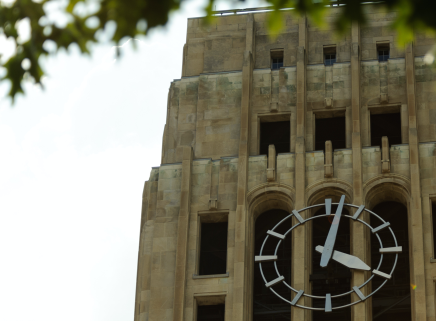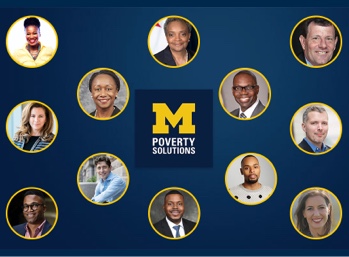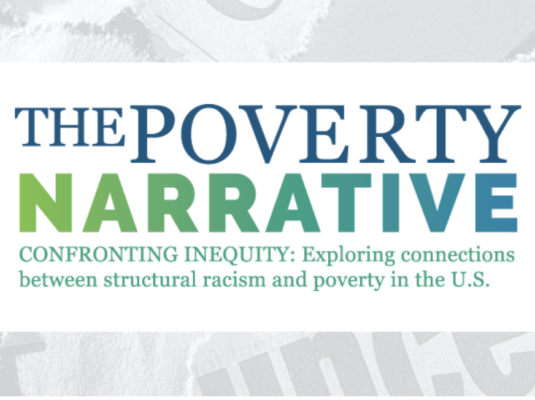In response to the pandemic, our team and affiliated scholars worked together to develop and share rapid-response research and policy analysis to inform the efforts of policymakers, government agencies, and nonprofit organizations to support those most at risk.
We worked closely with the Michigan Department of Health and Human Services to expand access to public assistance during the crisis
Poverty Solutions partners with the State of Michigan Department of Health and Human Services (MDHHS) to inform anti-poverty and economic mobility initiatives that enhance public benefit programs and identify pathways for sustainable employment for those with major barriers to work. During COVID, this included advising on major changes to Michigan LIHEAP energy assistance program and the State’s TANF cash assistance program, and on the development of a $50 million State of Michigan Eviction Prevention Program.
We created educational tools and navigational resources to help Michigan residents access essential resources during the crisis.
Poverty Solutions staff compiled the Michigan COVID-19 Pandemic Resource Guide, which has garnered statewide attention as a critical, comprehensive resource to help residents and community-based organizations navigate the crisis.
Poverty Solutions partnered with Civilla to create a website to help Michigan residents access their economic impact payments. The Coronavirus Stimulus Payments website has over 550,000 unique views and received mention in over 70 media outlets around the country.
We analyzed impact of federal pandemic relief and made policy recommendations
A Poverty Solutions analysis of the impact of the federal CARES Act showed the role stimulus checks and expanded unemployment benefits played in stabilizing material hardship levels early in the pandemic. This research was cited in The Atlantic, and lead author Luke Shaefer commented on these issues in the New York Times, while co-authors Rick Rodems and Patrick Cooney authored an op-ed with policy recommendations for future relief packages.
Luke Shaefer and Patrick Cooney analyzed material hardship and mental health during COVID and the research inspired an article in The New York Times.
Poverty Solutions Director H. Luke Shaefer’s research has long focused on the potential of a universal child allowance to reduce child poverty. Amid the pandemic, there is growing bipartisan support among federal policymakers for an expanded child tax credit.
We supported new research projects addressing the impact of COVID-19
Using survey data from Black and Latino respondents in the United States and Puerto Rico, Ana Patricia Esqueda, Ann Chih Lin, Twila Tardif, and Lydwan Perez Westerband are gathering information about worldwide mental, physical, and emotional health in the wake of the pandemic; willingness to vaccinate, compliance with masking and other public health initiatives; and attributions of blame to particular leaders and countries.
Using data from a national survey of low-income adults in mid-March, Julia Wolfson and Cindy Leung of the U-M School of Public Health measured household food security—the lack of consistent access to food—and challenges to meeting basic needs due to COVID-19 through their project examining the Effect of COVID-19 on Food Insecurity in the U.S.








